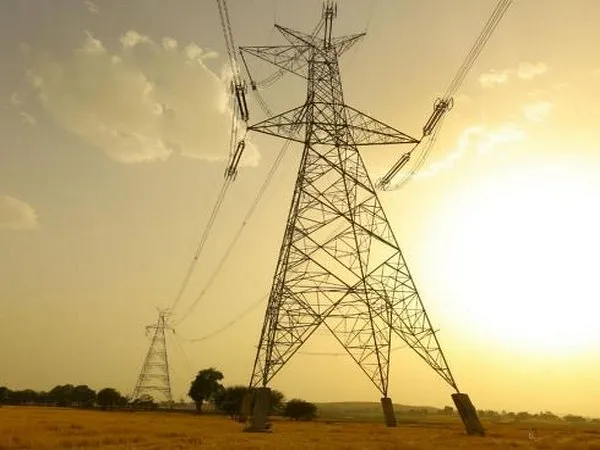Against the unscheduled and frequent power outages in Pakistan, the residents of Bannu city took to the streets on Thursday revolting against low voltage and electricity fluctuations.
During the protests, the protesters gathered outside the Wapda offices, burnt tires on the busy Bannu-DI Khan road and closed it to vehicular traffic, reported Dawn.
Malik Rahat Ali Khan led the protesters and the rally was taken out from Milad Park which further led to the commotion on roads in Bannu city of Khyber Pakhtunkhwa troubling both transporters and commuters.
Malik Rahat Ali, Malik Hashmat Ali, Ayyub Khan, and Malik Iqbal addressed the protesters and said that the urban localities were hit hard by long power outages, stating that police booked people in the past for holding a protest against power outages.
However, the outraged protesters dispersed peacefully on the assurance of Peshawar electric supply Company (PESCO) and police officials that power load-shedding would be carried out as per schedule, Dawn reported citing sources.
Meanwhile, the closure of several power plants in Pakistan due to lack of fuel and other technical pitfalls has caused an electricity shortfall resulting in power outages lasting up to 10 hours every day. Few powerplants received capacity payments post-shutdown as well.
Frequent load-shedding across the country has left the people to suffer sweltering high temperatures. The Shehbaz Sharif government has blamed its predecessor Pakistan Tehreek-e-Insaf (PTI) for the energy shortfall.
The measures are being imposed to reduce the shortfall between the supply and demand of electricity. The government notification said the morning hours must be utilized for business activities.
This report about the government order comes amid Pakistan’s mounting concerns over the growing energy crisis.
Due to Pakistan’s inability to make payments to the Chinese power supplies, the country lies in the abyss of electricity outages which is disrupting life and business amid this unbearable heatwave.
They have shut down multiple plants because the Pakistani government has failed to pay dues to the tune of 300 billion rupees (USD 1.5 billion).
The Pakistan government recently decided to increase the electricity tariff, adding to the woes of the people. Pakistani masses who are under the burden of rising inflation and a deteriorating economy were shocked by the rise in basic electricity tariff by Rs 7.9 per unit.
Currently, the basic power tariff is Rs 16.91 per unit and with an increase of Rs 7.9078 per unit, it will be more than Rs 24 per unit.

